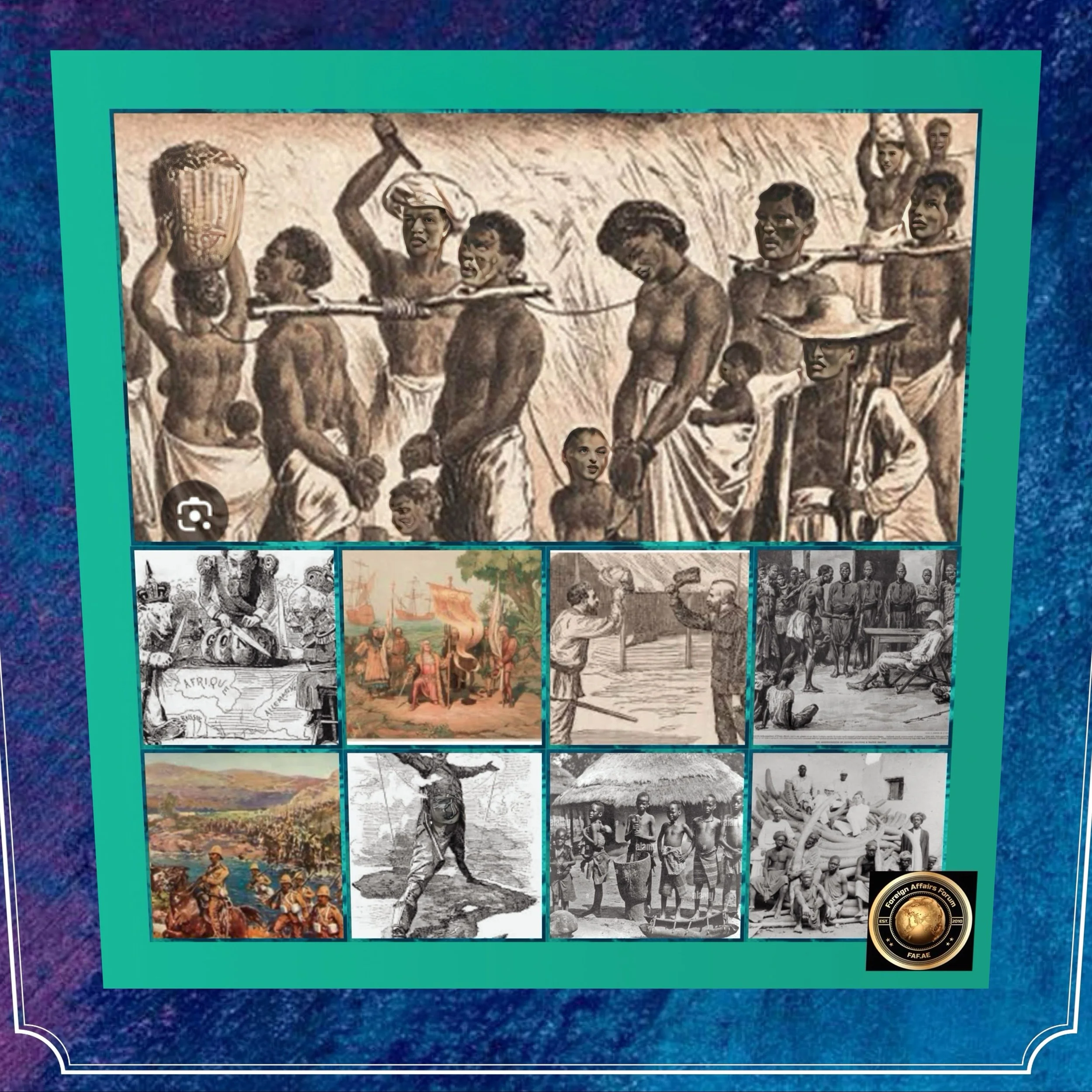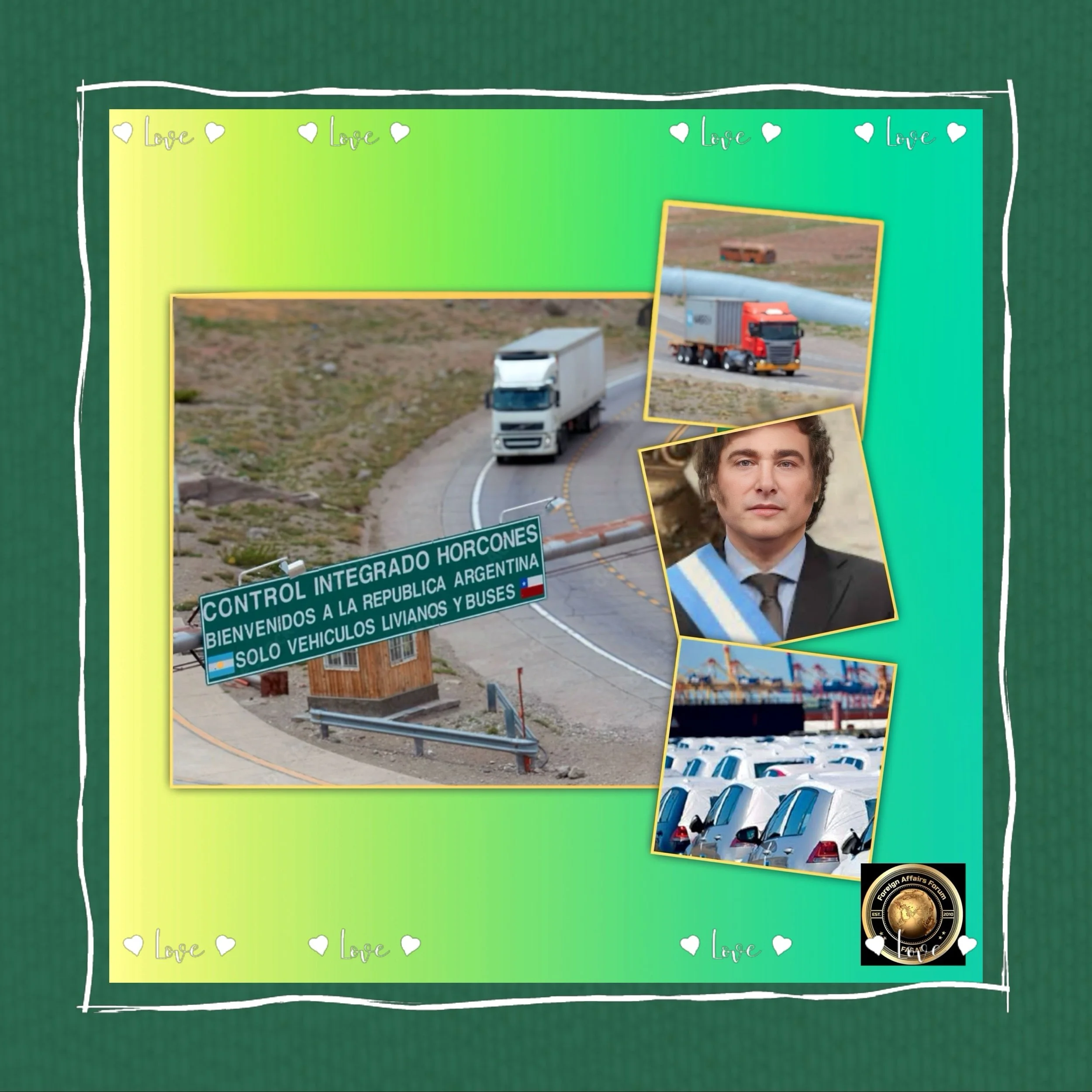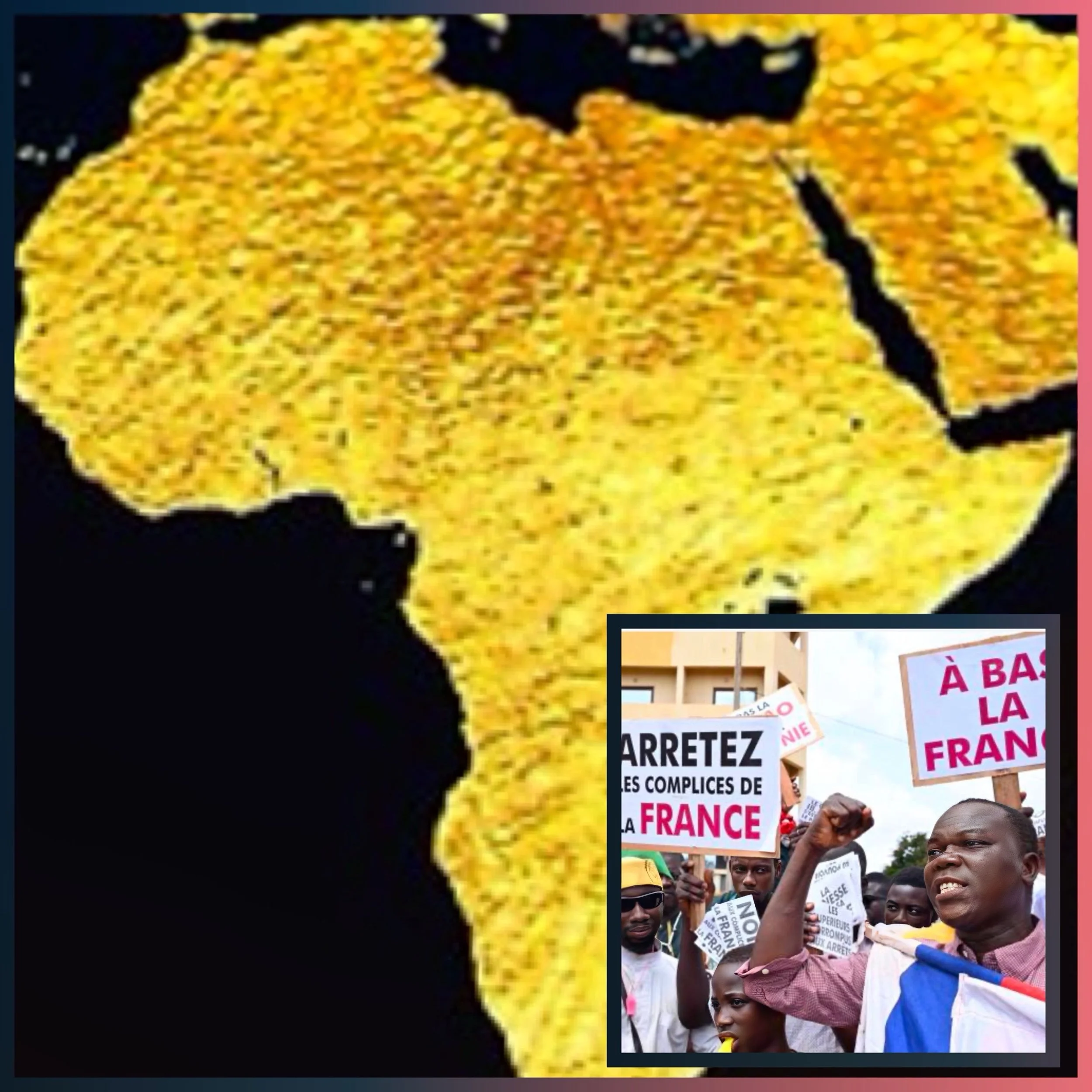How Europe Underdeveloped Africa: Historical Impact and Present-Day Consequences
Introduction
Over centuries, European powers systematically underdeveloped Africa through colonization, resource extraction, and exploitation—a process that continues to shape the continent’s economic, political, and social reality today.
Walter Rodney’s seminal work highlights how European powers extracted wealth from Africa and deliberately restricted Africa’s capacity to develop independently.
Africa's underdevelopment was not merely a byproduct of European development but a deliberate process that transferred wealth from Africa to Europe while simultaneously creating structures that continue to inhibit African growth and self-determination to this day.
The Mechanics of Wealth Extraction and Economic Suffocation
Africa's underdevelopment began with two fundamental processes: the extraction of wealth created by African labor and resources and the imposition of restrictions on African economic potential.
As Rodney argued, “the wealth created by African labor and from African resources was grabbed by capitalist countries of Europe; and in the second place, restrictions were placed upon African capacity to make maximum use of economic potential – which is what development is all about.”
This twin exploitation revolved around land and labor, systematically transferring Africa’s wealth to Europe.
European colonizers came to Africa not out of benevolence but in search of exploitable wealth. Many West African nations became known for the commodities beneath their soil: the Gold Coast (now Ghana) for gold, the Ivory Coast for ivory, and Guinea for its gold coins.
This resource extraction created a one-way flow of wealth that benefited Europe while depriving Africa of the capital needed for its development.
European powers reorganized African economies to serve as commodity exporters, transforming the continent’s small farms and pastures into export-oriented plantations growing cotton, coconuts, palm oil, and cocoa.
The restrictions placed on African economic development were equally devastating. Colonial capitalism did not encourage indigenous capitalism or innovation.
As Rodney points out, “Capitalism in the form of colonialism failed to perform in Africa the task which it had performed in Europe in changing the social relations and liberating the forces of production.” Instead, colonialism created dependency, leaving Africa unable to produce even the necessities it once manufactured for itself.
Colonial Debt as Economic Subjugation
A particularly pernicious mechanism of underdevelopment was the imposition of colonial debt. Newly independent African nations were often forced to inherit colonial debts or even pay compensation to their former colonizers.
Haiti, for example, had to pay France for its independence, and it took 122 years to clear this debt.
Similarly, when Zimbabwe gained independence in 1980, it inherited a debt of US$700 million from the Rhodesian government. These debt burdens severely constrained the economic options of newly independent African states.
Colonial Systems and Artificial Boundaries
European colonization fundamentally transformed Africa’s political geography, creating administrative districts that ignored existing cultural groups and political structures.
Europeans “organized Africa’s population in ways to make the most efficient workforce, ignoring the natives’ cultural groups or existing political leadership.”
They either grouped people who had never been united under the same government or divided existing cohesive groups, creating lasting ethnic tensions and political instability.
The arbitrary drawing of colonial borders has had catastrophic consequences for Africa’s development.
These boundaries have led to “over 50 ethnic conflicts in Africa since WWII as a result of the colonial lines drawn by Europeans”. These conflicts have drained resources, destabilized governments, and hindered economic development across the continent.
The Disruption of Local Economic and Social Systems
Colonial powers systematically disrupted local economic systems. Europeans “took the best land by force,” and “African farmers were forced to grow cash crops like cocoa and coffee, causing a food shortage in many areas of Africa.”
This shift from subsistence farming to export-oriented agriculture made African economies vulnerable to global price fluctuations, creating food insecurity that persists today.
The social impact was equally devastating. Traditional family structures were disrupted as “men labored far from home” while “women and children remained in villages, often alone for long periods.”
Europeans established a rigid social hierarchy, with “Europeans now standing atop a new hierarchy, with European-educated Africans below them, and with African workers at the very bottom.”
Post-Colonial and Neocolonial Exploitation
The formal end of colonialism did not bring genuine independence to Africa. Instead, a more subtle form of domination—neocolonialism—emerged to maintain European control over African resources.
As Serunkuma asks, “How did ‘former’ colonizers so successfully and quickly manage to re-colonize newly independent states—as early as just 30 years after independence—that is, re-monopolize cash and food crop trade, and continue the aggressive, violent extraction of Africa’s natural resources without attracting the ire of Africans?”.
Structural Adjustment Programs (SAPs) imposed by international financial institutions have been a key mechanism of neocolonial control.
These programs have facilitated “foreign monopolies in mining, banking, the coffee trade, humongous profit expropriation, policy double-standards, direct foreign aggression such as foreign capital land grabs.”
The result has been continued exploitation that mirrors colonial extraction.
The Burden of Debt and Aid
Post-colonial Africa has been shackled by debt that perpetuates dependency and constrains sovereignty. Africa’s debt has “become one of the most important factors constraining recovery and development.”
Today, many African nations pay enormous sums to service their debts. Interest payments alone “is half of its annual revenue, meaning it is in perpetual debt-bondage from which it cannot escape”.
This debt crisis is not accidental but a “modality of colonial governance”.
It has devastating social consequences: “Unemployment, destitution, homelessness, malnutrition and starvation increases as a result of debt burden”.
Young Africans, seeing few opportunities at home, are drawn to emigrate, creating a significant brain drain.
Brain Drain
The Extraction of Human Capital
The extraction of Africa’s human capital through brain drain represents another dimension of continuing underdevelopment. Health professionals, especially doctors, have migrated in large numbers from Africa to developed countries. “Many African countries have lost between 60–80% of their doctors”.
This drainage of skilled professionals has severely undermined healthcare systems and other vital sectors across the continent.
The brain drain is not a natural phenomenon but a direct consequence of colonial and neocolonial policies that underdeveloped African institutions while creating strong pull factors toward former colonial powers.
The concept of “brain-drain” is not new; as noted in the search results, “the brain-drain phenomenon in Africa began with slavery”. The continued loss of Africa’s “brightest and best” to Western countries further reduces the human capital needed for development.
Contemporary Africa
The Lingering Impact
The economic impact of European underdevelopment continues to be felt across Africa today. “Africa is poorer in 2022 than it was in 1972.
The debt it owes the developed world has quadrupled in that period, while its productive capacity has been decimated”. Africa’s per capita income as a percentage of Western income has declined dramatically, “from 55% in 1500, to 22% in 1913 to 6% today”.
This economic reality translates into widespread poverty, with “61% living on < $2 a day” and only “4% living on > $20 a day”. Colonial exploitation has created a continent where the majority struggle to meet basic needs despite vast natural resources.
Political and Social Consequences
The political landscape of Africa has been profoundly shaped by colonial underdevelopment.
Post-colonial leadership failures have “inevitably led to or aggravated the unenviable position of Africa, generally marked by abject poverty, monumental corruption and ignorance, political instability, unemployment, declining balance of trade, low per capital income, underdevelopment, backwardness and a humiliating dependency relationship on the West”.
These leadership challenges cannot be divorced from the colonial context. As Kagame of Rwanda observed, African leaders have become “mentally married to the ideas that nothing can get moving without external finances. We are even begging for things we already have.
That is absolutely a failure of mindset”. This colonial mindset represents one of the most insidious legacies of European underdevelopment.
The Path Forward
Beyond Underdevelopment
Breaking free from the legacies of European underdevelopment requires multifaceted approaches. A crucial step is prioritizing local production and consumption.
This involves “investing in agriculture,” “developing local industries,” “promoting intra-African trade,” “empowering local businesses,” and “shifting consumption patterns”.
By developing value-added industries and reducing dependence on imports, African nations can begin to reverse centuries of economic extraction.
Decoloniality offers another framework for Africa’s future. It represents “not only a long-standing political and epistemological movement aimed at liberation of (ex-) colonized peoples from global coloniality but also a way of thinking, knowing, and doing”.
This approach acknowledges that Africa’s challenges require solutions rooted in African realities rather than imposed Western models.
Challenges and Opportunities
The path to genuine development faces significant challenges. Neocolonial powers continue to exert influence through “economic, political, and cultural mechanisms”.
Economic dependence, debt burdens, political influence, and cultural domination remain powerful tools for maintaining external control over African resources and development.
However, opportunities exist for transformation. The exhaustion of “Euro-North American-centric modernity and its dominant epistemology” creates space for alternative development models.
Africa’s rich resources, youthful population, and growing regional integration initiatives provide foundations for sustainable development if directed toward serving African interests rather than external exploitation.
Conclusion
The underdevelopment of Africa was not an accident of history but a deliberate process through which European powers extracted wealth while restricting Africa’s developmental potential.
This process did not end with formal decolonization but continues through neocolonial mechanisms that maintain economic dependency and resource extraction.
The consequences of this historical and ongoing underdevelopment are evident in Africa’s economic struggles, political instability, and social challenges.
Yet understanding how Europe underdeveloped Africa also illuminates pathways toward genuine development.
By recognizing the structural nature of underdevelopment, African nations and their allies can work toward economic sovereignty, political self-determination, and social transformation that serves African interests rather than perpetuating centuries of external exploitation.






